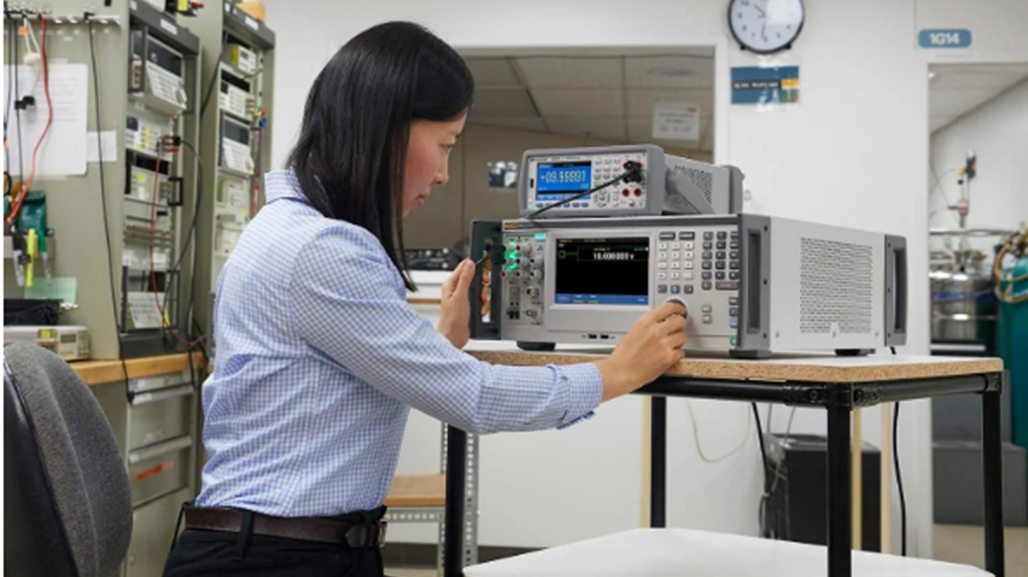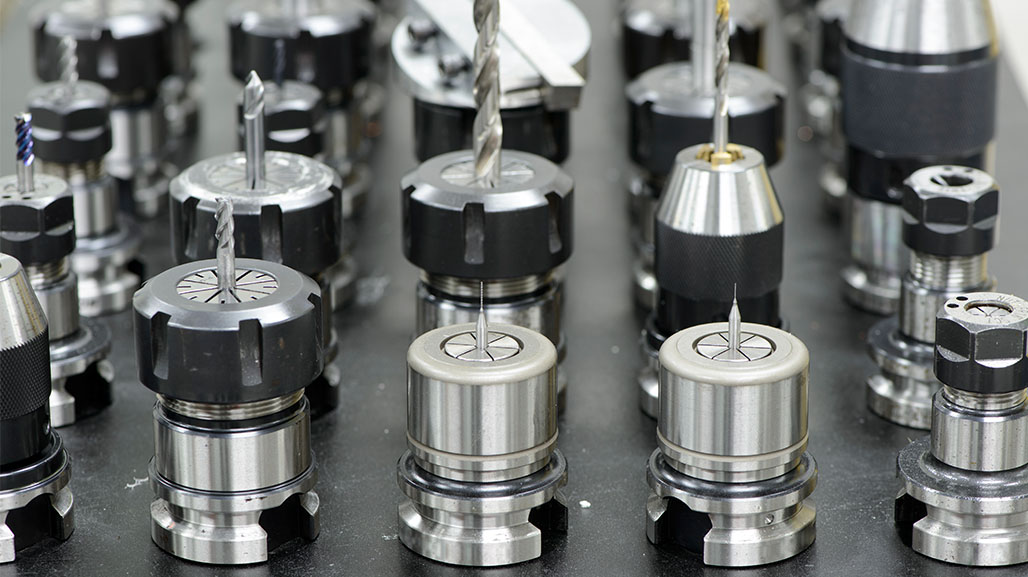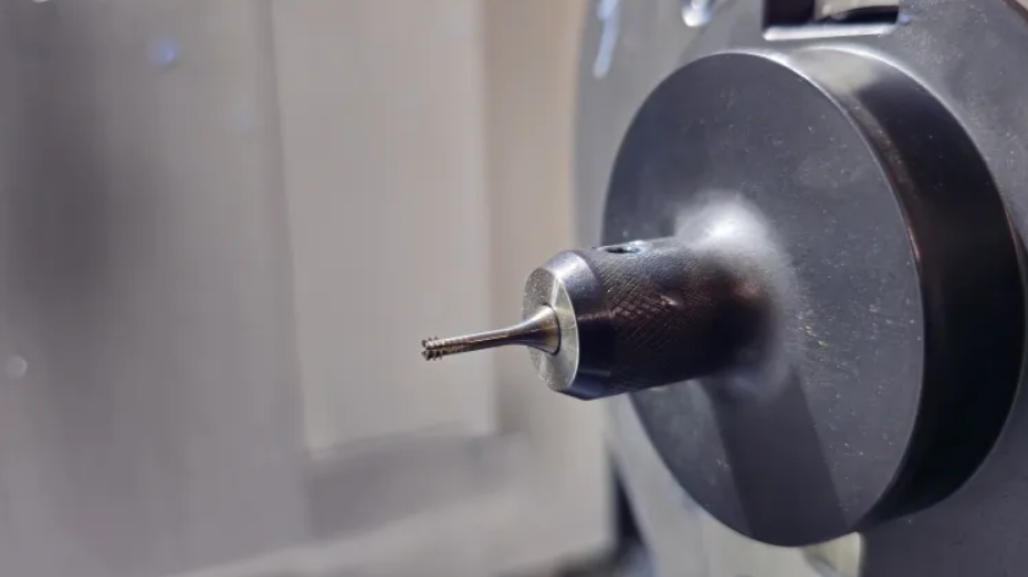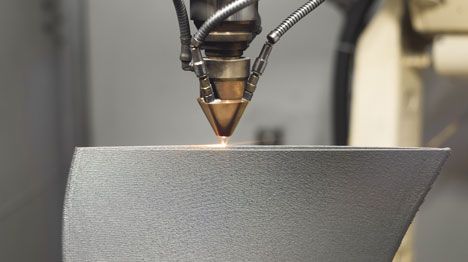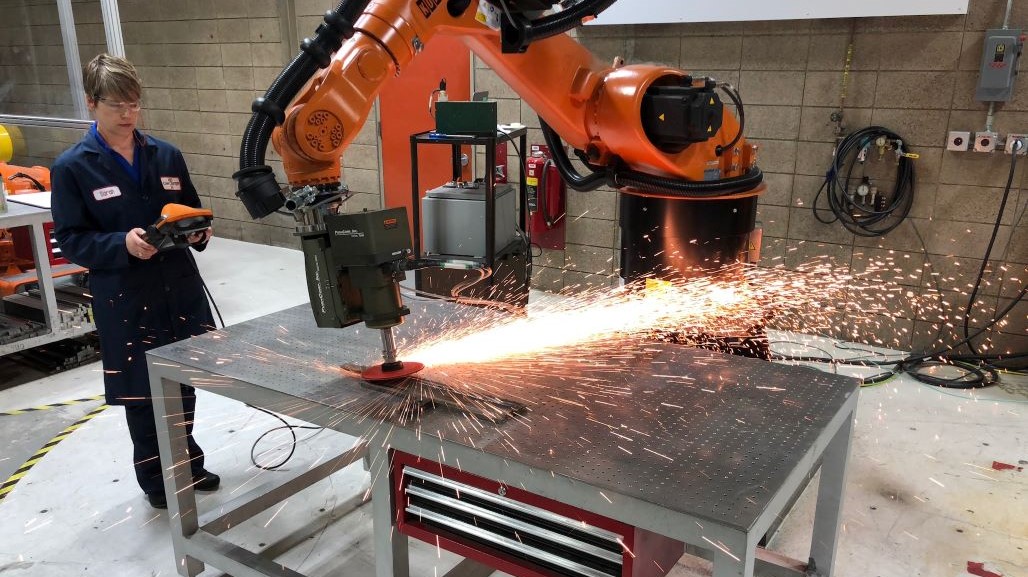What It Takes to Work in Aerospace Before Bidding
The benefits of an independent audit and quality management system certification will help you become bid-ready for parts-making jobs in aerospace. There is much to know.
The benefits of an independent audit and quality management system certification will help you become bid-ready for parts-making jobs in aerospace. There is much to know.
What’s required to subcontract and manufacture parts for the aerospace industry? We talk to experienced pros with the most knowledge to find out. Here’s what a nearly 40-year-old precision machining shop and an independent auditing firm has to say.
Manufacturing parts for the aerospace industry can be a daunting undertaking, but one full of opportunity if you understand how to navigate the compliance, auditing and competitive bidding processes involved in obtaining the work. Between independent auditors and the large OEMs such as Boeing and Airbus, being a supplier and parts maker means many stages of standards’ certification—and compliance with suppliers and regulators—before you attempt to win in the bidding process.
The first step a shop should take in order to become an aerospace supplier is to develop a quality management system that is certified to the ISO9001/AS9100/AS9110 standard through a third party registrar, according to Matt Wardle, owner of JD Machine, a precision machining and fabrication manufacturer. JD Machine has been in business for 39 years in Ogden, Utah.
ISO9001:2015 is the basic quality management system standard for any type of organization, while AS9100:2016 is the aerospace-specific version for manufacturers and AS9110 applies to maintenance, repair and overhaul service suppliers for the aerospace industry.
“Typically you need that certification to even begin talking to the big aerospace companies,” says Wardle.
JD Machine used an independent consultant to help set up their QMS and earn their certification, but according to Wardle the easiest way is to get started these days is with the help of your state’s manufacturing extension partnership (see sidebar).
“First, you have to document how you operate your quality system, and make sure it conforms to the ISO9001 and AS9100 standards,” says Wardle.
“The next step is to audit yourself, in order to find anything that needs to be fixed. This is actually a really good exercise because we are harder on ourselves than an auditor would be.”
At JD Machine, this internal audit is performed with the help of the company’s fourth-year CNC machine apprentices, who shadow an internal auditor in order to learn more areas of the business.
Once you have corrected any issues found by the internal audit, Wardle said, the next step is to hire a third party registrar to audit your company to the AS9100 standard. This registrar must be an accredited Certification Body (CB) listed in the International Aerospace Quality Group – Online Aerospace Supplier Information System (IAQG-OASIS) database.
When you get beyond standards’ certification in aerospace, there is also on-time delivery pressure. Learn real-world strategies for improving production processes to meet the overwhelming demand.
Aaron Troschinetz, general manager, North America, at Smithers Quality Assessments, audits many small to medium companies currently in the aerospace market or looking to break in.
“We work closely with them to better understand the scope of what they do and which IEF industry codes apply to their capabilities,” says Troschinetz. “That way we understand how to assign the eventual auditor competencies to support their activity.”
Troschinetz takes companies through an application process to develop a quote for services, and if the quote is accepted, schedules the audit in accordance with their timing requirements.
“There is basically a two-stage process to get certified,” explains Troschinetz. “In Stage I, we review preliminary requirements for the organization, to ensure the framework is there for an appropriate management system.”
Assuming there are no major issues, he proceeds to Stage II, which is a deeper dive into the requirements.
“We assess the conformance of the organization with applicable aerospace requirements,” says Troschinetz. “If there are any issues, we issue non-conformances, which require the organization to bring itself back into conformance.”
At that point, the company goes through its own corrective action process.
“They must identify the root cause of the issue, what containment system they must put in place, and then what corrective action to permanently address the issue to prevent it from reoccurring,” explains Troschinetz.
At the end of the entire process, assuming a company has completed all these steps, the third-party auditor issues them the ISO9001/AS9100 certificate.
“Depending on the size of your company and the kind of resources you put to it, earning your certification could take six to 12 months,” says Wardle.
After all that effort, however, the process of becoming an aerospace supplier is not complete. In order to bid on a job for larger aerospace companies, a shop must become an approved supplier for that company.
“Many times that involves the customer coming in and doing another customer-specific audit, which could be even more stringent than the AS9100,” explains Wardle.
“Once you are approved as a supplier, and if you qualify for a particular job, the customer will give you a request for quote and send you drawings and a description of the requirements,” says Wardle. “At that point, you can bid with a price and a lead time, and if you are the low bid, you might win the contract.”
More and more these days, a shop looking to manufacture aerospace parts may not contract directly with larger OEMs, like Boeing and Airbus, which are farming out entire systems to their suppliers, according to Wardle.
“You may be building parts for GE, who builds the engines, or Parker Hannifin who builds flight control system, so typically, machine shops are the third tier,” explains Wardle.
Have you been through independent third party registrar audits for QMS and aerospace certification? What was it like for your company? Share your experience.
In order to participate in bidding for contracts with aerospace companies, shops must obtain the ISO9001/AS9100 quality management system (QMS) certification. The Manufacturing Extension Partnership, or MEP, is a U.S. public-private partnership dedicated to serving small and medium-sized manufacturers, can help.
Based at the National Institute of Standards and Technology, the MEP has Centers located in all 50 states and Puerto Rico.
The goal of the MEP Centers is to provide any U.S. manufacturer with resources for developing new products and customers, expanding and diversifying markets, and implementing ISO quality management standards.
“The MEP in your state can provide outreach support to help manufacturers put their quality systems in place,” says Matt Wardle, owner of JD Machine. “They have consultants that can come in and partner with you at a discounted rate, and I know a lot of companies have used them to help get their ISO registration.”
Want to learn more about aerospace certifications from another experienced company? We spoke with General Machine-Diecron in “In Aerospace, May the AS9100 Standard, Specification and Certification Be With You.”
